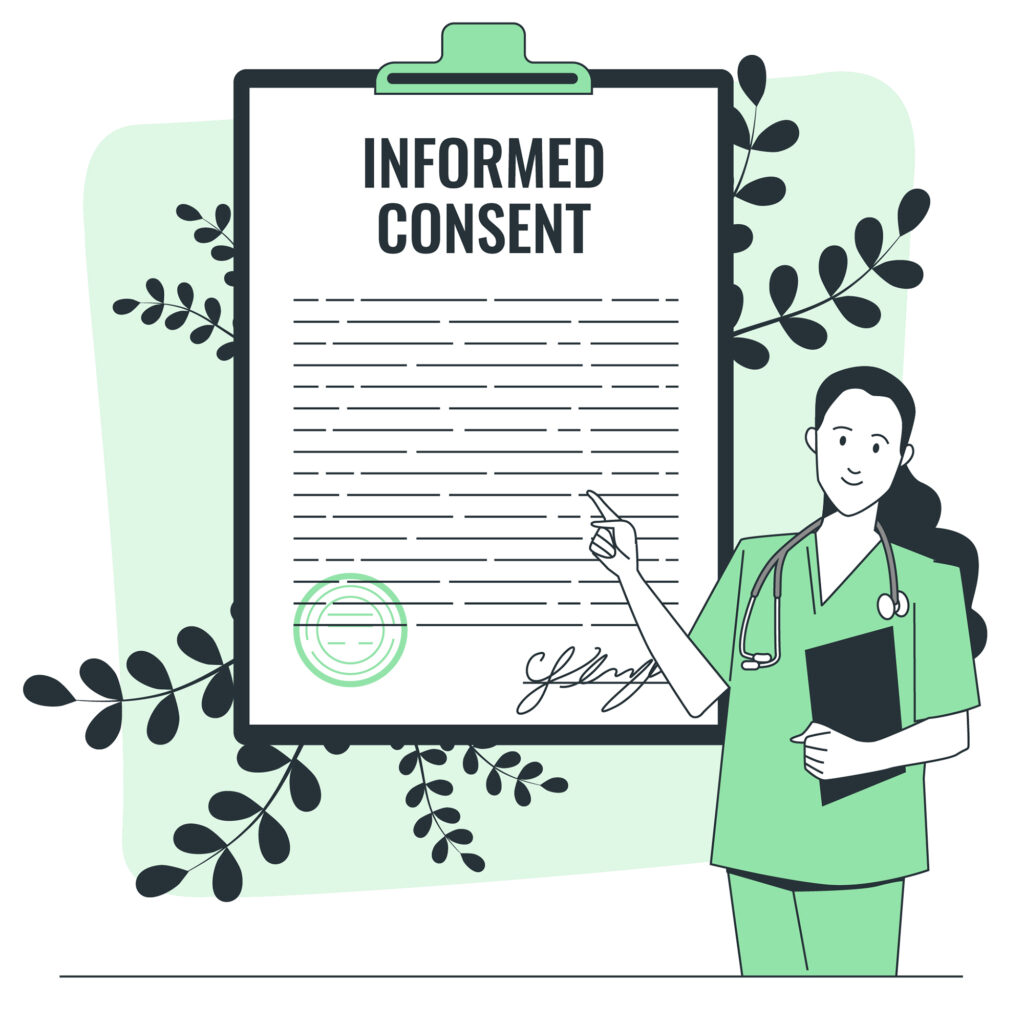Informed consent is a cornerstone of ethical medical practice. It ensures that patients are aware of all potential benefits and risks associated with a given treatment. In psychiatric care, consent becomes even more critical due to the significant effects that psychiatric medications can have on mental and physical health.

In their article published in the Journal of Humanistic Psychology in 2000, “A Model Consent Form for Psychiatric Drug Treatment,” David Cohen, Ph.D. and David Jacobs, Ph.D. emphasize the importance of providing patients with thorough, unbiased information about psychiatric drugs. To that end, they created a model consent form which aims to empower patients.
Originally created with a hint of irony to make their point, their form provides information that most patients never receive. The form includes, for example, this statement: “I realize that the drug treatment may cause severe pain or discomfort, worsen my existing problem significantly, or even damage me permanently. However, most doctors or experts will never formally or informally acknowledge that the drug harmed to me in this manner.”
Their consent form acknowledges that psychiatric diagnoses are often based on subjective judgments rather than definitive medical tests. It clarifies that psychiatric medications may not cure underlying conditions but might only alleviate certain symptoms temporarily. It also outlines possible physical and psychological side effects, both short-term and long-term, associated with psychiatric drug use and withdrawal.
Cohen and Jacobs advocate for a humane, patient-centered approach that respects individual autonomy and makes it crystal clear what dangers patients face in psychiatric treatment… and what little good may come of it. View their full model consent form here:
https://psychrights.org/research/digest/InformedConsent/DCohenmodelinformedconsentform.htm
